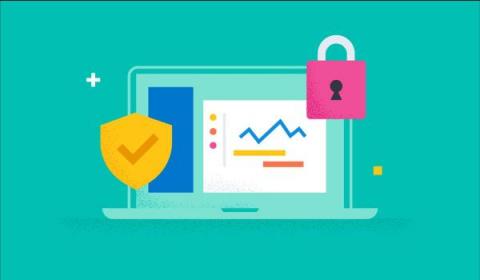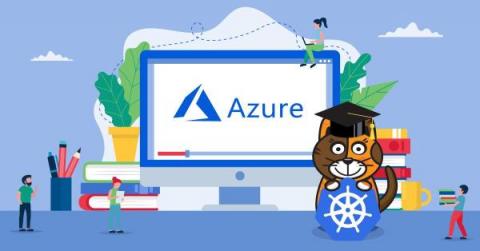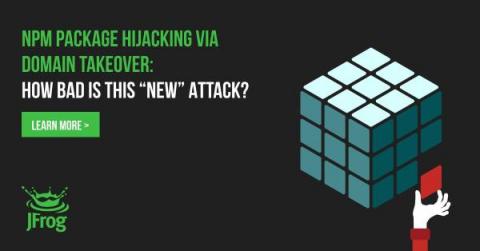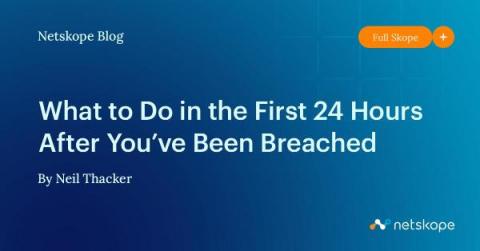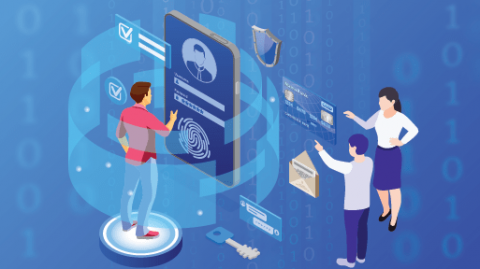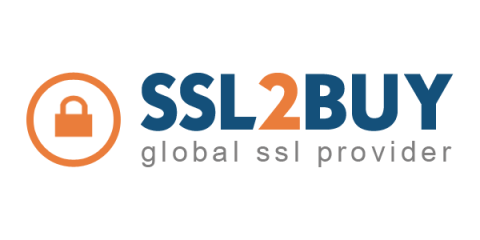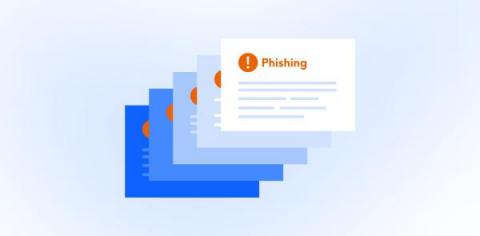Security | Threat Detection | Cyberattacks | DevSecOps | Compliance
Latest News
6 cybersecurity must-haves for innovative public sector leaders
ThoughtLab’s newly released cybersecurity benchmark study revealed that cybersecurity is at a critical inflection point across industries.
Introducing our brand new (and free!) Calico Azure Course
Calico Open Source is an industry standard for container security and networking that offers high-performance cloud-native scalability and supports Kubernetes workloads, non-Kubernetes workloads, and legacy workloads. Created and maintained by Tigera, Calico Open Source offers a wide range of support for your choice of data plane whether it’s Windows, eBPF, Linux, or VPP. We’re excited to announce our new certification course for Azure, Certified Calico Operator: Azure Expert!
npm package hijacking through domain takeover - how bad is this "new" attack?
When relying on a 3rd-party package from a non-commercial entity, there is always the risk of lack of support, especially when it comes to outdated packages and versions. If the package stops being maintained, nobody will implement a new feature we might need or fix a newly-discovered security vulnerability. Consider, for example, CVE-2019-17571. A critical remote code vulnerability which was never fixed in Log4j 1.x, since it was not supported anymore, and only fixed in Log4j 2.x.
How Can OEMs Reduce Their Risk of Cyberattacks?
Many modern businesses in almost every sector of the economy are adopting the latest technologies for greater connectivity and efficiency. However, while many of these technologies offer myriad benefits, they can also create new cybersecurity vulnerabilities. While much of the focus has remained on manufacturers and how they can bolster their cybersecurity efforts, another group of businesses also needs to improve their cybersecurity.
What to Do in the First 24 Hours After You've Been Breached
Whether you view a data breach as your worst nightmare, or simply an inevitable occurrence for the average organisation, knowing what to do and how to respond when it happens to your organisation is critical. A well-executed response contains a crisis and stops it from snowballing, as well as helping you navigate your organisation—and your suppliers and customers—through any follow-on analysis or potential post-incident investigations.
How to Protect Yourself and Detect Credit Card Fraud?
Most companies are unconcerned about credit card theft until it happens to them. If you sell online or by e-mail, your company is more likely to go bankrupt owing to fraudulent credit card orders. Given the increased reliance on plastic money, credit card theft is extremely damaging. Even consumers, fail to take basic precautions to avoid credit card theft.
Mobile Application Development Checklist: What You Need to Consider
An increase in the usage of the internet has also increased mobile phone usage. Mobile phones have become handy devices that make our life easy. This mobile phone contains various applications used for different purposes from entertainment, games, social media to banking, education, health, etc. Millions of applications are already available in the internet world, so it is not an easy task to develop a successful app.
Cybersecurity Measures Every Project Manager Should Know About
Online projects could be easy prey for cybercriminals due to the involvement of critical security information (emails, different platforms' login passwords, bank accounts, etc.) and multiple people. A simple phishing email requesting new login credentials or bank account details could be effective on negligent team members and could put everybody at risk. In other words, any breach of information by a project team member could lead to a disaster for the parties involved.



